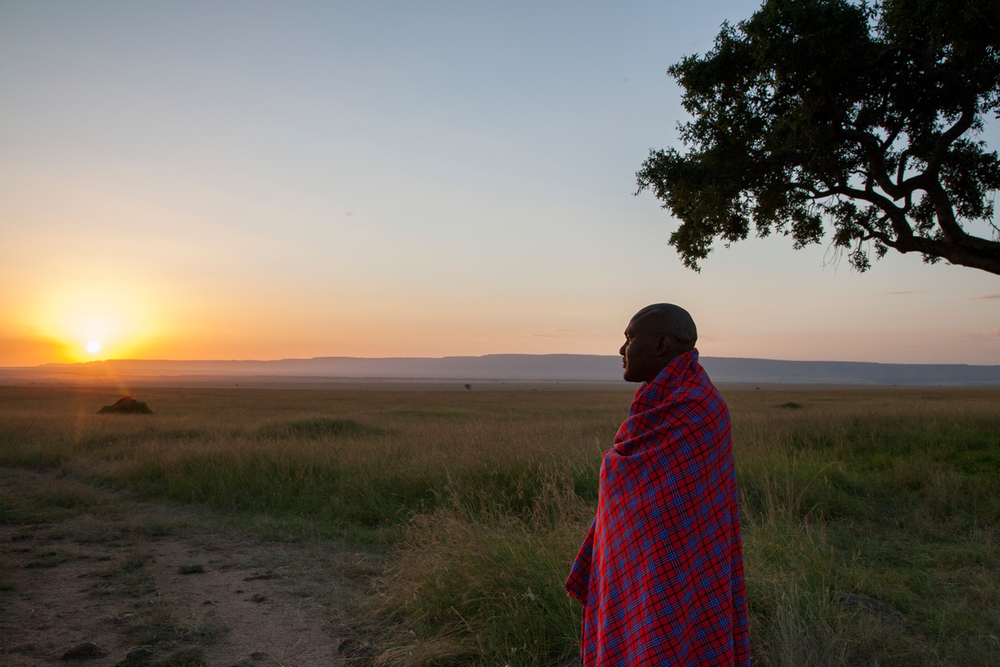By Lilian Gikandi
When is the last time you checked the ingredients of products in your grocery store? If that’s a habit you have formed, you’re in good company. Consumers have in the recent years gone through an awakening, eco-awakening if you may, where they are genuinely concerned about the impact their favourite products have on nature and are aligning their purchasing habits in line with their values
Public interest and concern on the impact of destruction of nature has risen in the last few years, and for good reason. The rate at which we are losing nature is fast, WWF’s Living Planet Report 2020 shows that if the world continues with “business as usual”, the loss of biodiversity will take decades to reverse at best and further irreversible biodiversity losses are likely, resulting in a planet that cannot support current and future generations of people.
The COVID- 19 pandemic reminds us that the loss of nature is increasing our vulnerability to pandemics, undermining efforts to tackle the climate crisis, and threatening livelihoods. We are continually reminded that without action to reverse nature loss, our planet will not be able to meet our needs.
Research by the Economist Intelligence Unit (EIU), and commissioned by WWF, measures engagement, awareness and action for nature in 27 languages, across 54 countries globally, covering 80% of the world’s population, over five years (2016 - 2020). Findings of the report show that hundreds of millions of people across the globe show their rising concern about nature. Public interest in, and concern for nature has risen markedly (16%) in the past five years and continues to grow during the COVID-19 pandemic.
Digital activism has seen a sizable (65%) increase in the number of Twitter mentions, amplifying concern for nature worldwide, with mentions of nature and biodiversity increasing by 20M in the last four years. Consumers are searching for sustainable goods online, a prominent trend in high income countries, developing and emerging economies and this kind of pressure is forcing corporations to respond, particularly in the cosmetics, pharmaceutical, fashion and food sectors.
Both consumers and corporations seem eager to embrace this change, for instance, on World Wildlife Day, WWF joined some of the world’s best-known corporations, NGOs and sports teams in removing nature from their branding in an action that aimed to highlight the dramatic loss of biodiversity globally and the social and economic risks it poses.
Unfortunately, even with the attention, nature is rarely at the top of the global agenda, even though its loss represents a huge threat to the global economy and our health. The science, economics, public sentiment and the solutions to nature loss are clear, we hope that world leaders who are scheduled to make critical decisions later this year on climate and the environment take the opportunity to secure a nature-positive world this decade. Read the report here
For more information on the eco-wakening trend, to share your experiences, and get involved to safeguard nature and set it on a path to recovery by 2030 go to http://panda.org/eco-wakening
There has been an eco-awakening. People are demonstrating their collective desire for action for our planet. Explore our "People For Our Planet" data aggregator below.


